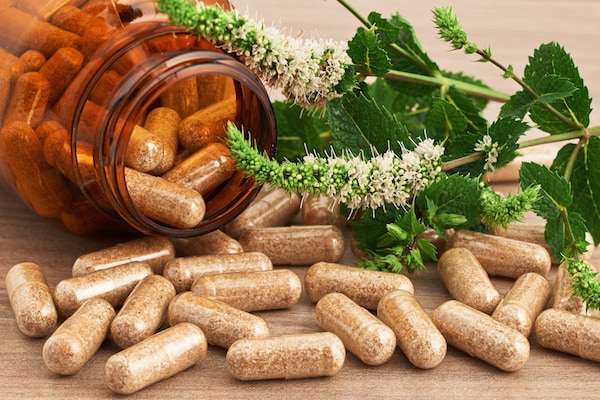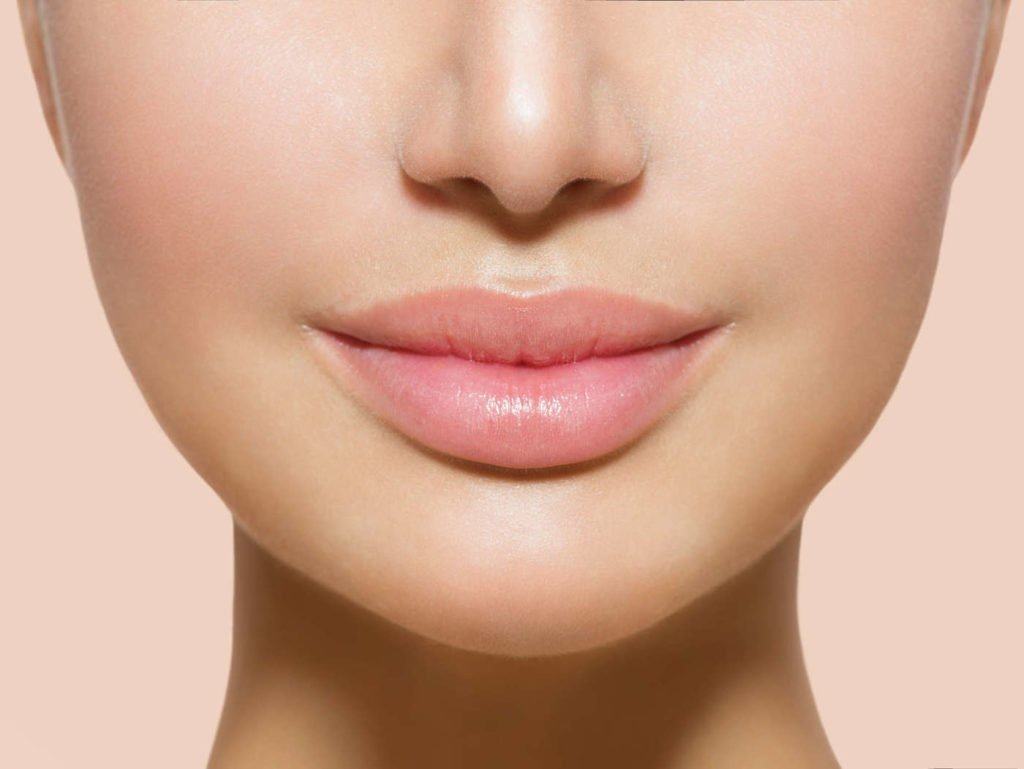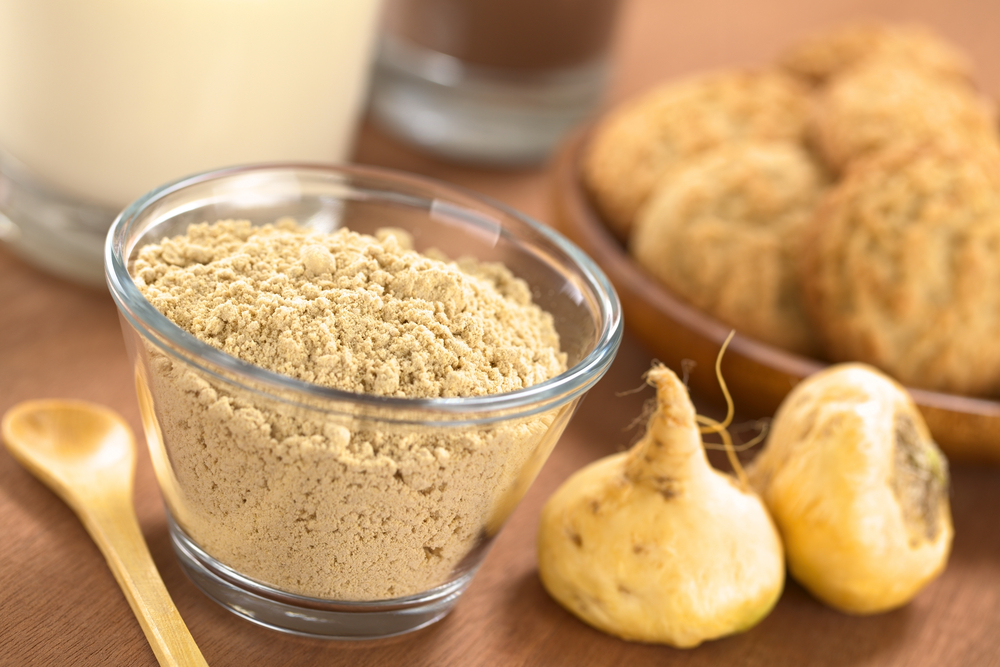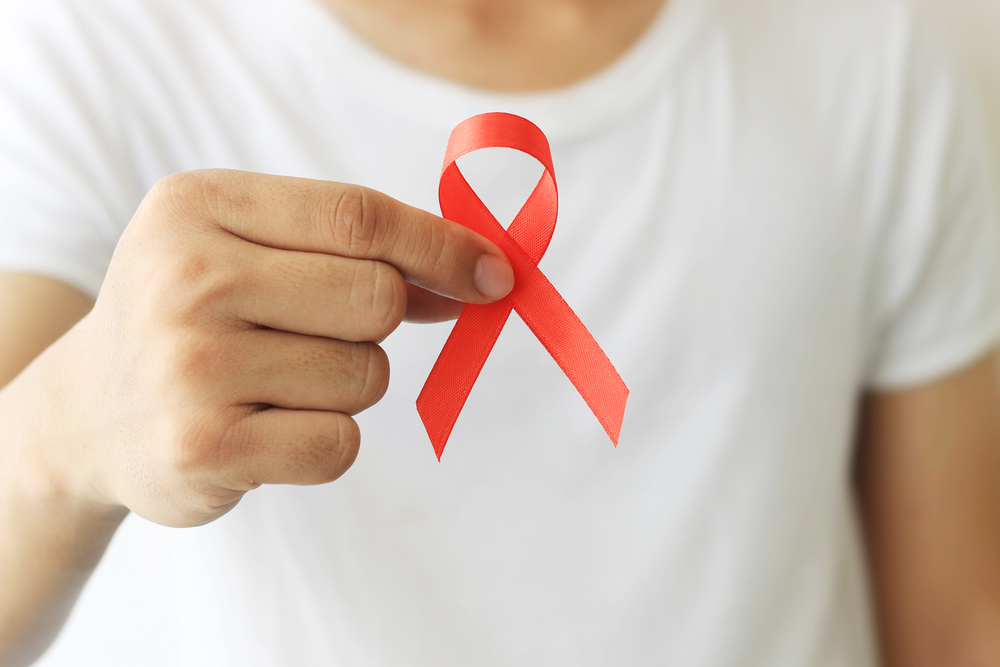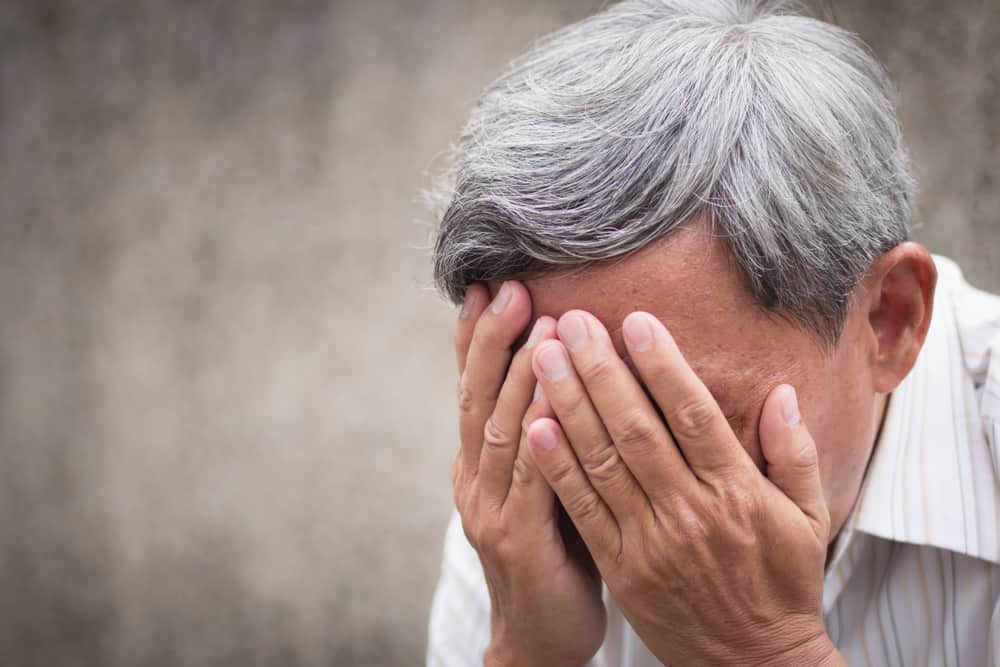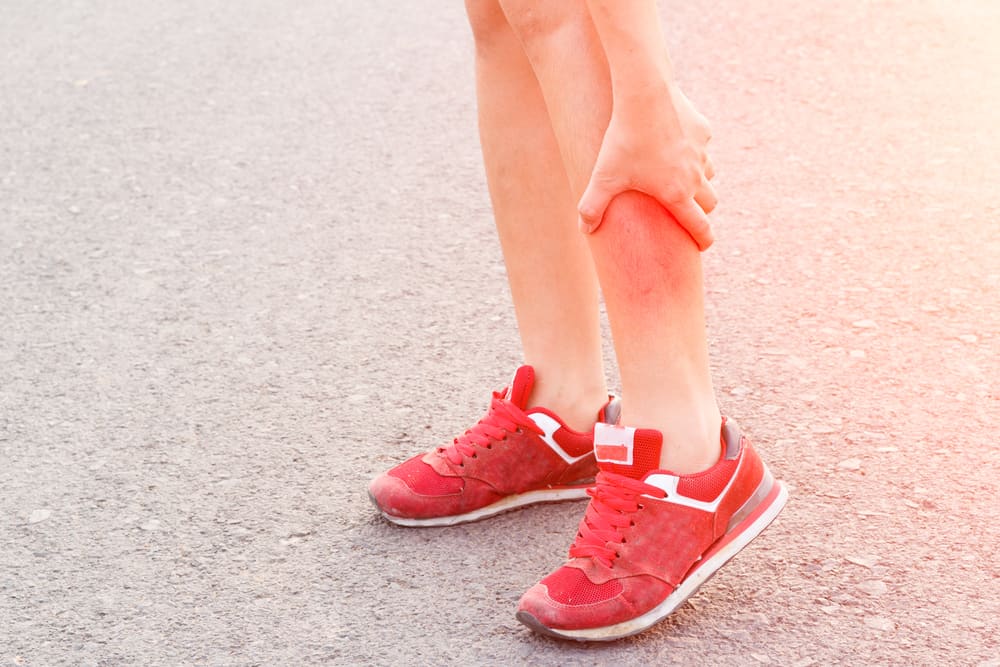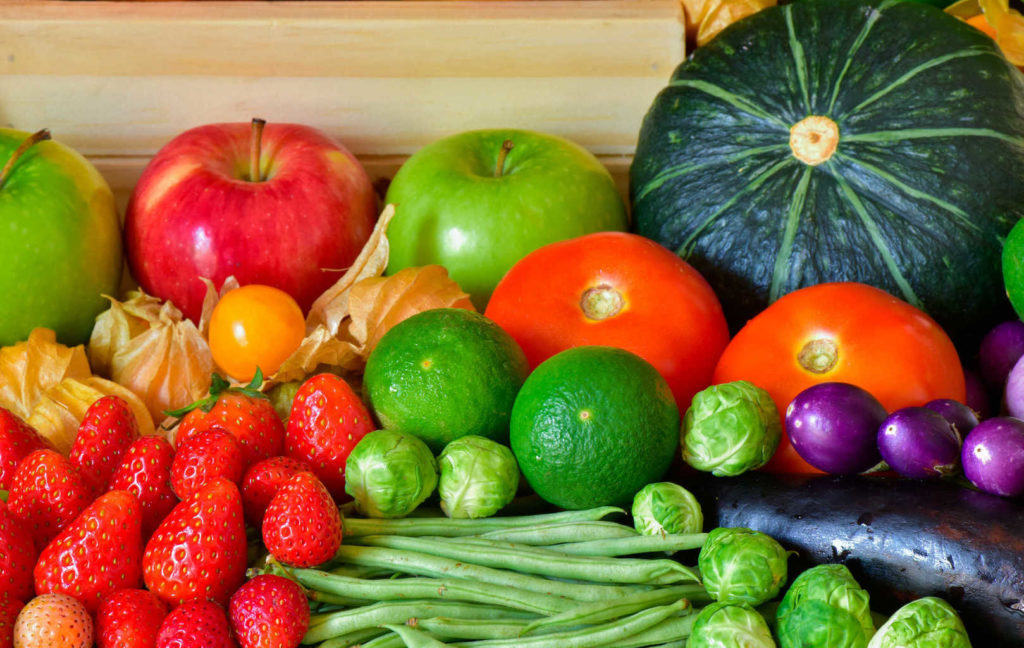Contents:
- Medical Video: Diet & Nutritional Supplements : Vitamin & Mineral Information
- How do you choose herbal supplements and medicines that are safe for consumption?
- 1. Check the packaging
- 2. Read the label
- 3. Make sure there is a distribution permit
- 4. See the medication class logo
- Not everyone can drink herbs and herbal medicines
Medical Video: Diet & Nutritional Supplements : Vitamin & Mineral Information
Herbs formulated from leaves, bark, fruit, flowers, and fragrant roots have been used for generations to cure various diseases. But not all herbal medicines are safe for consumption.
Because many herbal products on the market known to contain chemicals that can cause serious side effects, such as heart problems and blood pressure. Many supplement products do not have BPOM distribution licenses, aka illegal. For that, you as a consumer must be wiser in choosing and buying safe herbal medicines. See the tips below.
How do you choose herbal supplements and medicines that are safe for consumption?
Here are tips for choosing safe herbal supplement products and medicines based on guidelines from the Food and Drug Supervisory Agency (BPOM).
1. Check the packaging
Before buying, first check the product packaging. Make sure the packaging is not torn, chipped, dented, hollow, rusty or leaking. Check when the product is made and when the expiration date. Also make sure that the following information is included on the label of all herbal supplements:
- Name of supplement
- Name and address of the factory or distributor
- List of complete composition materials - either in the brochure included in the packaging or listed in the container
- Suggestions for presentation, dosage, and amount of active ingredients
- BPOM marketing authorization number
2. Read the label
Read and carefully label the packaging. Are there contraindications and prohibitions? What is the correct way to use it, and is there a daily dose limit? What active ingredients might be contained in it? Do you have an allergy to any of the compositions listed? Do the doctors or health conditions that you currently have forbid you from consuming any of the ingredients? Are there restrictions on food, drinks, medicines, and activities that must be avoided when taking these herbal medicines?
Manufacturers of herbal supplements are responsible for ensuring that the claims they make about their products are not wrong or misleading and are supported by sufficient evidence. However, they are not required to submit this evidence to BPOM.
Therefore, although made from natural ingredients, many herbal medicines that contain natural chemical compounds have the potential to pose a risk of adverse side effects. Ginger is claimed to be effective as an appetite enhancing drug and overcoming constipation, but ginger has blood thinning properties that can cause acute kidney bleeding in patients with liver disease. Supplements of god leaves and elephant trunk leaves that are claimed to be able to treat cancer can prove to cause liver poisoning. BPOM has confirmed that there are no herbs, herbal supplements, or traditional medicines that can replace chemotherapy or other procedures to cure cancer.
3. Make sure there is a distribution permit
Make sure the herbal products you want to buy have marketing authorization from BPOM. To ensure authenticity, you can check the number listed on the following link http://cekbpom.pom.go.id/. Click on here to see a complete list of traditional medicines recognized by BPOM. For a list of traditional medicines that have been withdrawn and are prohibited from circulation, you can visit the page BPOM this.
If you use a concoction from an herbalist, make sure that the herbalist has a practice permit and is officially registered with the Health Office.
4. See the medication class logo
Based on the provisions of BPOM, traditional medicines are divided into 3 categories, namely Herbal Medicine, Standardized Herbal Medicine (OHT), and Fitofarmaka.
In order for an herbal medicine to be declared safe, the product must be scientifically proven safety through a series of clinical trials. Herbal medicines must also be tested for dosage, how to use, effectiveness, monitoring side effects, and their interactions with other drug compounds. Fitopharmaca is the only class of herbal medicines that have passed all preclinical and clinical tests in humans.
Unfortunately, most herbal medicines circulating in Indonesia fall into the category of herbs and OHT. Both are types of traditional medicine that have not been proven to be safe based on clinical trials.
The benefits of OHT can only be proven as far as experiments in lab animals. The results of this experiment are often used as the basis that herbal medicines can cure various diseases. In fact, the effect is not necessarily the same in humans. Meanwhile, herbs that usually use hereditary recipe concoctions do not have a dosage and a definite indication. This can lead to benefits and risks of different side effects for each person.
Not everyone can drink herbs and herbal medicines
Consuming herbs and herbal medicines as a complementary alternative to synthetic drugs (both prescription and non-prescription) is actually permissible. The herbal medicine concoction in the form of decoction is relatively safe because toxic substances that may be contained in it have undergone changes in chemical structure so that it is safe for consumption. However, herbal medicines which are formulated with other methods must always be questioned about their safety.
Herbal supplements usually show new benefits if consumed regularly in the long run. It's just that, pay attention to the dosage and time of using herbal medicine if you are using other drugs. Herbal medicines should not be taken before medical drugs to avoid the risk of interaction of chemical compounds, and should be consumed 1-2 hours after medical drugs.
Therefore herbal medicines should only be consumed to maintain health, restore disease, or reduce the risk of illness - not to cure. To cure diseases, prescription drugs and medical treatment are needed.
Be a smart consumer and choose which herbal medicines are safe for consumption. Don't be blinded by bombastic adverts.

